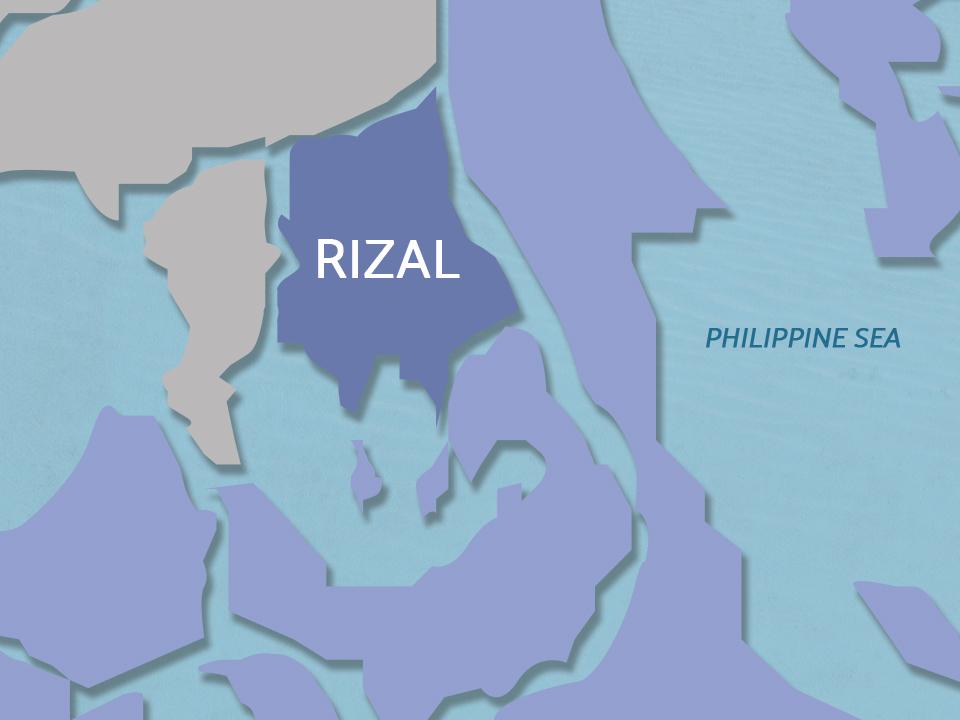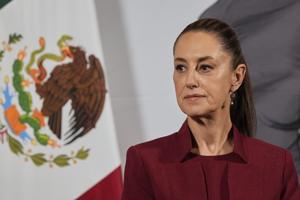Child Benefit is usually paid on a Monday or Tuesday, but there is a bank holiday on Monday, April 21 to mark Easter Monday. If you’re due a Child Benefit payment on April 21, you’ll likely receive it on Thursday, April 17, instead. This is because Friday, April 18, is also a bank holiday for Good Friday - Easter Sunday will fall on April 20.
While many will welcome the payments - they will have to last longer as dates will return to normal after the bank holiday. For many, there will be an increase to reflect the new rates. Families with one child will now receive the new amount of £26.

05 per week, up from £25.60 each week, from April 2025. Families will also receive £17.
25 per week (up from £16.95) for each additional child they have after that. Unlike some other benefits.
There is no limit to how many children families can claim for as the two-child limit does not include Child Benefit. It's estimated that around 7 million families claim Child Benefit in the UK, for around 13 million children, although figures change slightly each year, so the exact figures may change for 2025. Do you claim child benefit? Or not claim as you’re over the threshold? Either way an admin tweak could add £1,000s to your state pension entitlement later Watch the full for far more tips on: Parents or guardians get Child Benefit if they’re responsible for bringing up a child who is: Only one person can get Child Benefit for a child.
There’s no limit to how many children you can claim for, as it is not covered by the two-child cap. By claiming Child Benefit, you can also get some other helpful things: If you choose not to get Child Benefit payments, you should still make a claim to get the other advantages. You’ll get National Insurance Credits automatically if you claim Child Benefit and your child is under 12.
These credits count towards your State Pension, so you do not have gaps in your National Insurance record if either: Like all benefits, if your circumstances change, you must report changes as soon as possible. Attention Parents! 📣 Child Benefit rates are going up from today. The rates have risen by 1.
7% to £26.05 a week for the first or only child and then £17.25 for subsequent children.
Claim online or in the HMRC app.⬇️ This changed last year. You may have to pay the High Income Child Benefit Charge if you or your partner have an individual income that’s over the threshold and either: It does not matter if the child living with you is not your own child.
An individual income is over the threshold if it’s: To work out if your income is over the threshold, you’ll need to work out your ‘adjusted net income’. Your total taxable income includes interest from savings and dividends. Use the to get an estimate of your adjusted net income.
If your adjusted net income is over the threshold and so is your partner’s, then whoever has the higher income is responsible for paying the tax charge. ‘Partner’ means someone you’re not permanently separated from who you’re married to, in a civil partnership with or living with as if you were. If you choose to opt out of getting Child Benefit payments, you should still fill in the Child Benefit claim form.
You need to state on the form that you do not want to get payments..
Top

Easter bank holiday Child Benefit payment dates confirmed

HMRC Child Benefit payments may arrive on a different day this week, with earlier payments - but there's a catch











